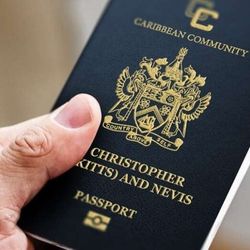Without warning, a flood, fire or other disaster could leave you with a severely damaged home, destroyed belongings and barriers to managing your finances. Many people think of disaster preparedness as having a stockpile of water, canned food, and flashlights, but people also need access to cash and financial services. That’s why it is important to include financial preparedness in your disaster plans.
Here is our latest summary of important preparations.
Periodically review your insurance coverage
You should have enough insurance to cover the cost to replace or repair your home, car and other valuable property, as well as temporary housing if you are displaced from your home. Those who do not own a home should have renters insurance.
Also, make sure that you have the right kind of coverage for the types of disasters likely to occur in your area. For example, homeowner’s insurance does not typically cover events such as flooding or earthquakes, so you may want to consider whether you need additional coverage.
Build and maintain an emergency savings fund
While your personal hazard insurance should cover most or all of the damage to your home and property, an emergency savings fund deposited in an insured financial institution can provide for immediate expenses and help fill the gaps.
A safe deposit box at your bank
This may be the best place for important documents that will be difficult or impossible to replace, and that you won’t need to access. In case there’s a flood or other water damage, seal these items in waterproof plastic bags or containers.
Some states do not allow immediate access to a safe deposit box after death, so talk to a lawyer before deciding whether to leave your original will in your safe deposit box.

